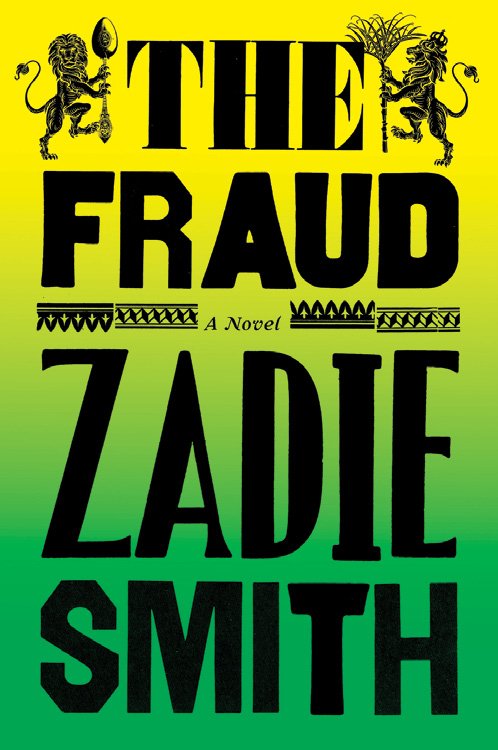The Fraud by Zadie Smith
The Fraud
by Zadie Smith
Hamish Hamilton, 2023; 456 pages; $36.00
Reviewed by Grant Buday
Sentence by sentence and scene by scene, Zadie Smith’s new novel, The Fraud, is wonderfully polished and vividly realized. Set from the 1830s to 1870s in England, Dahomey, and Jamaica, the voice and detail are captivating and convincing. The book is also frustratingly fragmented, some chapters half a page long, others three or four, leaping about in time and place, none seeming to build toward anything. For the first hundred pages there are only fleeting mentions of the fraud of the title.
Eliza Touchet is the main character, but what does she want, what is she trying to achieve, and what stands in her way? Most importantly, what does the eponymous fraud have to do with her?
The “fraud” in question concerns the Tichborne Trial, in which twenty-five-year-old Sir Roger Tichborne, lost at sea off the coast of Brazil in 1854, was rumoured to have survived and turned up in Australia. Over a decade later, when reports of this reach his mother back home, she advertises in Australian newspapers offering a reward for information. A man insisting he is Tichborne eventually appears in England to claim his legacy.
There are, however, suspicions that he’s an imposter and so a trial lasting many months ensues. Eliza Touchet becomes obsessed with this trial though it’s never clear why, for she has nothing tangible at stake in its outcome.
I suppose The Fraud is about deception and social status. Eliza lives ambiguously with William Ainsworth, a hack novelist with whom she once had an affair. I say ambiguously because her position is uncertain given that she is both his maid and his cousin. He has recently remarried, this time to Sarah, one of his other maids, and this woman is now known as the “new Mrs. Ainsworth.” All but illiterate, the new Mrs. Ainsworth now enjoys a status higher than her husband’s well-read and well-spoken cousin. And what about Ainsworth himself? Is he a fraud because he’s such a hack but clings to the delusion that he’s a genius and keeps company with Charles Dickens? perhaps thinking she’s a better writer, Eliza interviews Andrew Bogle, the key witness in the trial, who has been testifying on the Tichborne claimant’s behalf, even though doing so has cost him the fifty-pound annuity he’d been receiving from the Tichbornes, to whom he once belonged.
Eliza writes down his story. Born a slave in Jamaica, Bogle’s tale is cohesive and compelling, yet comprises less than one hundred pages of this four hundred-and-fifty-six-page book.
The bigger mystery than the outcome of the trial is Andrew Bogle himself and why he’s been endorsing, and perhaps even coaching, the Tichborne claimant. Is he an agent provocateur cracking the brittle façade of the aristocracy so that it might split and collapse? Good. But after the trial ends the book bangs on for another hundred and fifty pages following Eliza’s directionless life, causing bewilderment and frustration to at least one inveterate fan of Zadie Smith.

